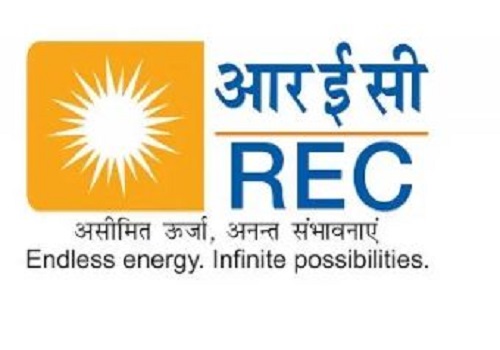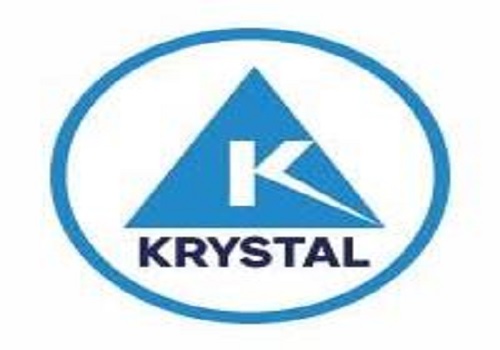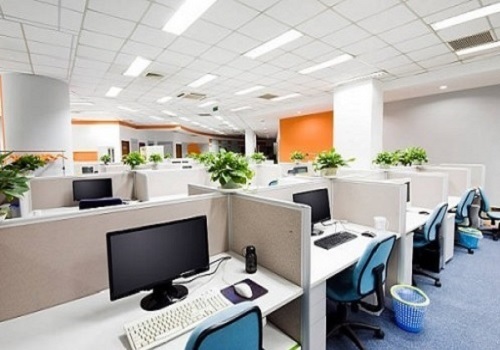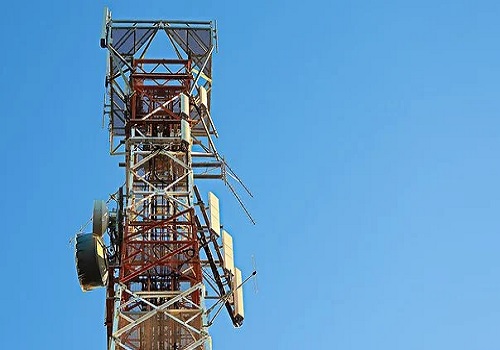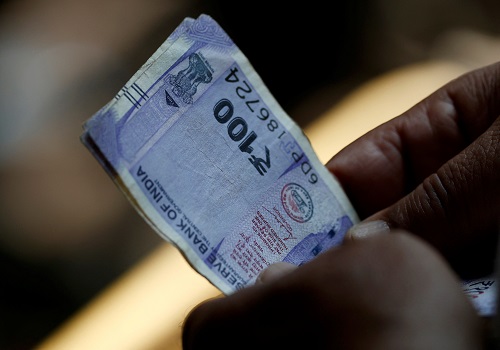South Korea to operate strategic R&D centres in US, Europe

South Korea will operate strategic research and development (R&D) centres in the United States and Europe to enhance global R&D collaborations, the science ministry said on Thursday.
The strategic hubs aim to create a network between small overseas research centers in the regions and communicate with local authorities to find project partners, according to the Ministry of Science and ICT.
The ministry plans to select these strategic centers among existing facilities and start test operation after securing the necessary budget next year, reports Yonhap news agency.
Additionally, the ministry will create a comprehensive map outlining the technological levels of global leaders in 12 national strategic technologies designated by the South Korean government, as well as key technologies for achieving carbon neutrality.
The 12 technologies are semiconductors and displays, secondary batteries, advanced mobility, next-generation nuclear power, advanced biology, aerospace and ocean engineering, hydrogen, cybersecurity, artificial intelligence, next-generation communications, advanced robotics and quantum technology.
As an initial step, the government analyzed the maps for three technologies: solar power, wind power and power grid.
The findings showed that South Korea ranks fourth in hyper-efficient solar battery technology, 11th in large-scale wind turbine technology and fifth in intelligent power supply system technology.
Separately, the ministry announced four flagship global R&D projects, which will be on top of the government-backed programs, including the Boston-Korea Project and Net-Zero Korea Project.
The Boston-Korea project aims to strengthen cooperation between South Korea and the U.S. to advance biotechnology, while the Net-Zero Korea project targets improving the country's hydrogen technologies.
